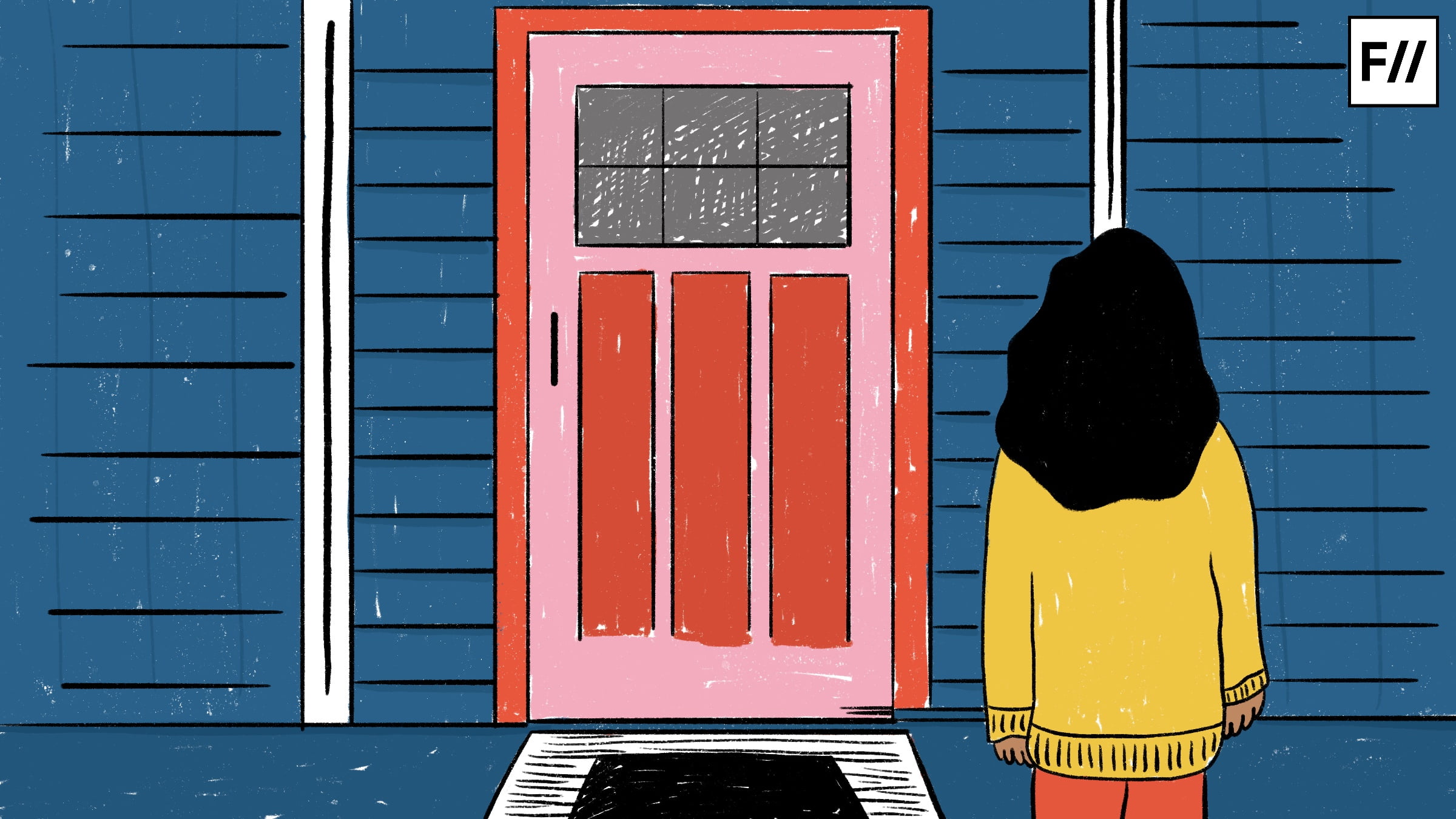Posted by Ahla Matra
Over the past few days, the third wave of the #MeToo movement in India has gained unprecedented momentum in the country. Women have come forward with stories of sexual harassment and assault at the hands of prominent ‘progressive’ men in India including well-known stand-up comics and senior journalists and authors. The movement began late last year with the LoSHA, (List of Sexual Harassers in Academia). While this is a hopeful moment for feminism in India, it can also be quite overwhelming for those affected by sexual harassment.
Also read: In Trump’s America: 4 Ways Of Practicing Self-Care In A World That Hates You
The onslaught of narratives of sexual harassment being shared on social media can cause retraumatisation or a re-experiencing of trauma for survivors. It can also be triggering if your perpetrator has been called out by another person, you knew the perpetrator in other capacities or if somebody you know has come out as a survivor of sexual assault. Non-survivors may also experience vicarious trauma, due to continuous exposure to traumatic narratives. To have a healthier engagement with the movement, it is important for us to prioritise self-care and take care of ourselves emotionally.
To have a healthier engagement with the movement, it is important for us to prioritise self-care and take care of ourselves emotionally.
Here are some ways in which this can be done.
1. If you’re not ready, you don’t owe your story to anyone
At this point in time, it may feel crucial to engage with the movement and come forth in solidarity. However, recounting traumatic experiences can be painful, no matter how long ago it happened. Your pain is valid, your story is valid, whether or not you decide to speak out about it. You don’t owe your story to anybody if it comes at the cost of your mental health.
2. It’s okay to not engage with social media right now
The sheer amount of triggering content online can bring up a lot of intense feelings. Disconnect /mute /unplug /unfollow if you need to, you don’t have to feel guilty. If you have FOMO, take frequent breaks from social media and come back when you feel ready.
3. Do something you enjoy
Take a break to do something that you feel positively engaged with- talk to a friend, take a walk, nap, cook, play with a pet, meditate.
4. Do something that makes you feel grounded
Often, engaging with emotionally overwhelming content can make us feel disconnected to our present. Do something that helps you reconnect to your immediate surrounding. Here are some grounding techniques you can try.
5. It’s okay to ask for more support
You don’t have to go through the pain alone. If you are feeling unsafe, reach out to a safe person to hang out with. You can also reach out to a mental health professional who will provide a safe and empowering space for you to process your emotions. The Alternative Story is one such space that provides socio-politically informed, intersectional-feminist, survivor-centred counselling which is affordable and accessible.
Also read: Self-Care, Mental Health And Feminist Warriors
This is a very challenging time, more so for some of us than others. Exercising kindness and compassion towards yourself and people around you, and knowing that there is no shame in vulnerability is perhaps what can make getting through this hard time easier for all of us!
Ahla Matra is a Clinical Psychologist based in Bengaluru, who works with The Alternative Story. To book an appointment with Ahla please click here.
This piece was originally published on Alternative Story and has been republished here with permission.
Featured Image Source: Vicky Leta
About the author(s)
Guest Writers are writers who occasionally write on FII.




